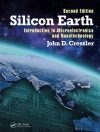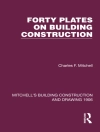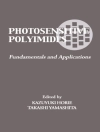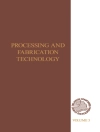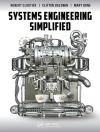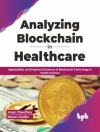The area of machine learning, especially deep learning, has exploded in recent years, producing advances in everything from speech recognition and gaming to drug discovery. Tomographic imaging is another major area that is being transformed by machine learning, and its potential to revolutionise medical imaging is significant.
Written by active researchers in the field, Machine Learning for Tomographic Imaging presents a unified overview of deep-learning-based tomographic imaging. Key concepts, including classic reconstruction ideas and human vision inspired insights, are introduced as a foundation for a thorough examination of artificial neural networks and deep tomographic reconstruction. X-ray CT and MRI reconstruction methods are covered in detail, and other medical imaging applications are discussed.
An engaging and accessible style makes this book an ideal introduction for those in applied disciplines, as well as those in more theoretical fields who wish to learn about application contexts. Hands-on projects are also suggested, and links to open source software, working datasets, and network models are included.
Table of Content
Contents
Foreword
Preface
Acknowledgments
Author biographies
Introduction
Part I Background
1 Background knowledge
2 Tomographic reconstruction based on a learned dictionary
3 Artificial neural networks
Part II X-ray computed tomography
4 X-ray computed tomography
5 Deep CT reconstruction
Part III Magnetic resonance imaging
6 Classical methods for MRI reconstruction
7 Deep-learning-based MRI reconstruction
Part IV Others
8 Modalities and integration
9 Image quality assessment
10 Quantum computing*
Appendices
A Math and statistics basics A-1
B Hands-on networks B-1
About the author
Ge Wang is the Clark and Crossan Endowed Chair Professor and the Director of the Biomedical Imaging Center, Rensselaer Polytechnic Institute, USA. Among his 480 journal papers, he published the first spiral/helical cone-beam/multi-slice CT paper in 1991 and many follow-up papers on this important topic. He is a Fellow of the National Academy of Inventors.
Yi Zhang is an Associate Professor with the College of Computer Science, Sichuan University, and is the Dean of the Software Engineering Department. His group published the first peer-reviewed journal paper on deep learning based low-dose CT and subsequently published more than 20 papers in this rapidly expanding area.
Xiaojing Ye is an Associate Professor with the Department of Mathematics and Statistics at Georgia State University, Atlanta, USA. His research focuses on applied and computational mathematics, variational methods for imaging problems, numerical optimization and analysis, and computational problems in machine learning.
Xuanqin Mou is a Professor with Xi’an Jiaotong University. He is the Director of the National Data Broadcasting Engineering and Technology Research Center, and the Director of the Institute of Image Processing and Pattern Recognition. He has published more than 200 peer-reviewed journal and conference papers on CT reconstruction algorithms, artifact reductions, and image quality assessments.


